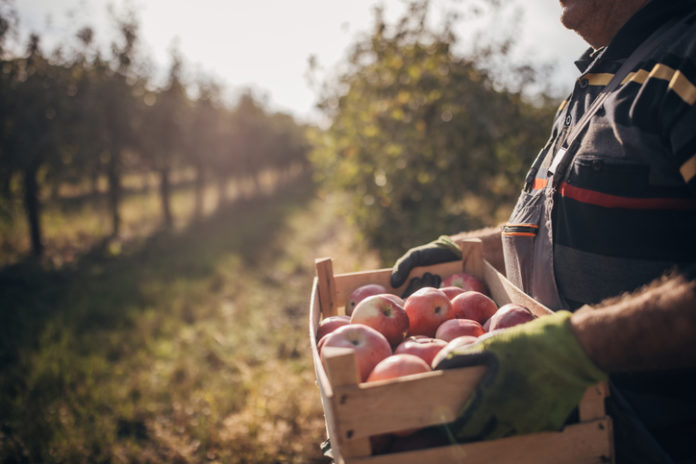Horticulture New Zealand has welcomed the Government’s decision to increase the Recognised Seasonal Employer (RSE) scheme cap to 19,000 for the coming season.
“This decision gives growers confidence to continue to invest as they go into the 2022-2023 harvest season,” HortNZ Chief Executive, Nadine Tunley said today.
“Any decision that helps our industry address its chronic labour shortage is good news.”
Immigration Minister, Michael Wood and Agriculture Minister, Damien O’Connor said the RSE boost was the largest increase in over a decade, with an additional 3,000 places confirmed.
The new cap will allow access to 19,000 workers annually from participating Pacific countries, providing workforce relief to the horticulture and wine sector.
“The additional 3,000 places, is a 19% increase on the previous season, and acknowledges the industry’s current needs based on strong growth, and the lower number of working holiday makers onshore right now,” Minister Wood said.
“We are listening to industry, and worked closely with horticulture and wine sectors to ensure we strike the right balance by incentivising local employment, bringing in further additional workers, and also requiring working conditions to be improved.”
Mr O’Connor said the decision was part of a balanced programme to lift export earnings and provide economic security for New Zealand.
“Agriculture exports earned a record $53billion last year, and it’s critical to our recovery that we have the workforce to continue maximising production and earnings,” he said.
“We’ve been working with the sector and making good progress on growing a local workforce, with nearly 10,000 New Zealanders attracted into food and fibre jobs over the past few years through our ‘Opportunity Grows Here’ campaign, and primary sector workforce programme.”
He said the RSE scheme was not designed to completely fill all roles in the horticulture and viticulture industries.
“This cap maintains pressure on RSE employers to continue recruiting New Zealanders where possible, improve pay and conditions for workers, and invest in automation,” said Minister O’Connor.
“Additionally, over the last year we’ve received over 30,499 Working Holiday applications, and numbers are continuing to rise. With over 6,200 Working Holiday makers in country, double the number we had in October 2021, we remain confident that further relief to the workforce shortages will come as we approach summer,” added Minister Wood.
The new cap was settled on a tri-partite basis for the first time ever, with both employer groups and unions at the bargaining table.
In setting the cap, the Government has also taken into consideration concerns expressed about working conditions from RSE workers, the Ministers said.
“The wellbeing of RSE workers is a priority for us, and we have worked with industry and unions to introduce a new provision, that employers will be required to provide a sick leave entitlement to RSE workers. That is in addition to the pre-existing minimum wage requirement of $22.10, which we introduced during the pandemic,” Mr Wood said.
“We continue to work urgently with the industry and unions on further short-term improvements and employee safe guards to provide greater protections to workers. This work is in addition to our wider policy review to improve the RSE scheme for workers, as previously signalled.
“We recognise the important role the RSE scheme provides to our nation’s primary production sector and wider economy. We are committed to working with industry and unions so we can continue to maximise benefits of the scheme for Pacific workers, local employers, and our Pacific neighbours,” he said.
Ms Tunley said the horticulture industry was keen to continue working with the Government on a substantive review of the RSE scheme.
“We want to build on the past 15 years and ensure the ongoing success of the scheme in a post-Covid world,” she said.



